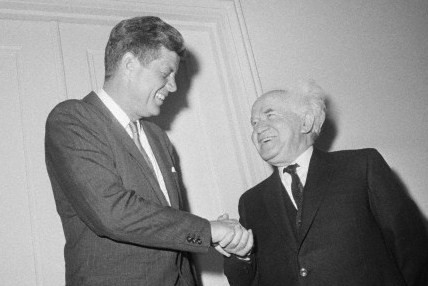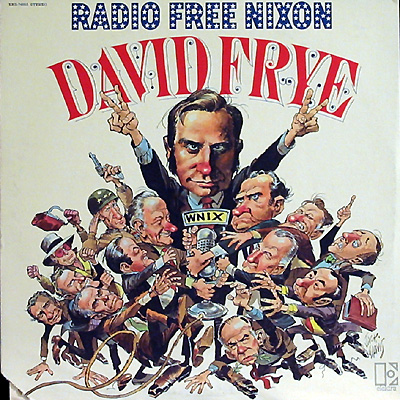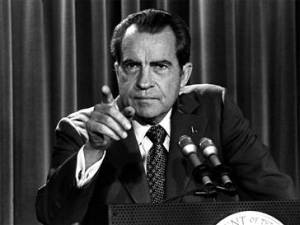This is a word I’ve been needing to know, in the same way where you see a particular object everywhere but have no idea what it’s called. I finally learned it while reading Fiona Maazel’s new novel, “Woke Up Lonely.”
The example Maazel gives of a polyptoton is John Kennedy’s exhortation, “Let us never negotiate out of fear, but let us never fear to negotiate.”
A polyptoton, Maazel-as-narrator explains, is “a redeploying of the same word in different form, fear as noun and verb. It was JFK’s genius to use the polyptoton as much as possible…”
In the hands of a master, this rhetorical tool can open the mind to new possibilities.
When Kennedy said, “My fellow Americans, ask not what your country can do for you, ask what you can do for your country,” he wove a strand of idealism into a generation that was coming of age in the early 1960s.
In the wrong hands, the polyptoton is a cheap parlor trick, a favorite of epigram-mongers because they sound profound even when they’re not. (I will add an example of this when I come across a good one.)
Like Kennedy, Israel’s founding prime minister, David Ben-Gurion, was a fount of this kind of rhetoric. As World War 2 approached, before Israel was a state, the country’s British rulers issued the (always referred to as “infamous”) White Paper — a policy barring Jewish immigration to Palestine, just when they needed it most.That policy, along with the world’s refusal to welcome Jewish refugees to safety and the Nazi’s rather efficient genocide led to the murder of one third of the world’s Jews.
It was a knotty problem for the Jews in Palestine: the British on one side and the Germans on the other. A right-wing group, known as the Stern Gang, operated in the spirit of “the enemy of my enemy is my friend.” They attacked the British and attempted to make common cause with the Nazis to try to save Jewish lives.
Ben-Gurion, the leader of the Jewish community in Palestine, undid the knot. He did it through paradox. And a polyptoton.
His policy was, “We shall fight Hitler as if there were no White Paper, and fight the White Paper as if there were no Hitler.”














